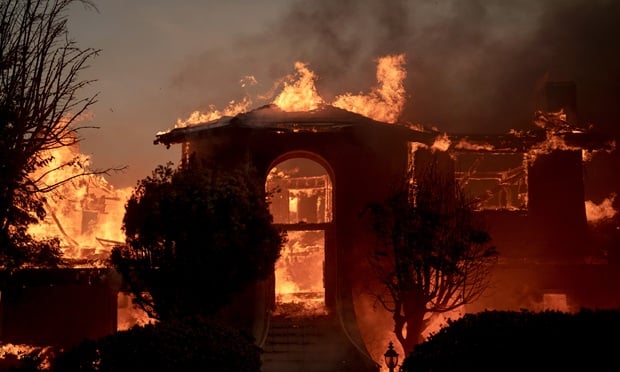NU Online News Service
The National Association of Insurance Commissioners (NAIC) decided to pursue its own program for the collection of surplus lines taxes–a bare bones approach that does not tackle the issue of regulatory uniformity.
The NAIC Executive Committee and Plenary met in a telephone conference call yesterday and adopted the Nonadmitted Insurance Multistate Agreement (NIMA), its solution for the collection of surplus lines taxes mandated under the Nonadmitted and Reinsurance Reform Act (NRRA), part of the Dodd-Frank financial reform act.
In introducing the act, Louisiana Insurance Commissioner James J. Donelon, chairman of the NAIC's Surplus Lines Implementation Task Force said during the conference call that while this is not a perfect solution, it does allow the states to collect their share of taxes from surplus lines brokers and managing general agents.
The legislative proposal, Commissioner Donelon said:
o Allows states to collect and distribute surplus lines taxes through a central clearing house.
o Gives buyers and sellers a web-based software program for ease of filing and reporting.
o Prescribes uniform allocation and reporting methods.
o Preserves the role of stamping offices in the individual states.
o Allows states to adopt a "blended tax rate" encompassing all applicable taxes and fees across all lines of business to streamline compliance across the brokerage community.
"NIMA is not a broad regulatory compact and it does not go as far as some regulators and almost all of industry would have preferred," said Commissioner Donelon.
Adoption of NIMA at least allows states to uniformly collect taxes as mandated by NRRA, while the states work out regulatory compacts by the time the federal act takes effect July 1, 2011, Commissioner Donelon noted.
The legislative proposal was approved unanimously on a voice vote.
Daniel F. Maher, executive director of the Excess Lines Association of New York, who has been a critic of NIMA, said while the NAIC has adopted this legislative proposal, it has not gained support of the industry or legislative associations that favor SLIMPACT (Surplus Lines Insurance Multi-State Compliance Compact), which would not only create uniformity in the collection of surplus lines taxes, but also create uniformity in regulation between the states.
The SLIMPACT model legislation was developed by NCOIL (the National Conference of Insurance Legislators) and is supported by two other state government groups.
Mr. Maher said the NAIC and legislators, along with the industry, appear to be moving in two different directions and "this fosters a sense of annoyance" among brokers that they "just want to and go home," and not deal with the political issues.
Any change, he admitted, is complicated, and no one was under any illusion that it would not be, but the ongoing disagreement between the NAIC and others is fostering the groundwork for inconsistency and conflict and not uniformity.
Want to continue reading?
Become a Free PropertyCasualty360 Digital Reader
Your access to unlimited PropertyCasualty360 content isn’t changing.
Once you are an ALM digital member, you’ll receive:
- Breaking insurance news and analysis, on-site and via our newsletters and custom alerts
- Weekly Insurance Speak podcast featuring exclusive interviews with industry leaders
- Educational webcasts, white papers, and ebooks from industry thought leaders
- Critical converage of the employee benefits and financial advisory markets on our other ALM sites, BenefitsPRO and ThinkAdvisor
Already have an account? Sign In Now
© 2025 ALM Global, LLC, All Rights Reserved. Request academic re-use from www.copyright.com. All other uses, submit a request to [email protected]. For more information visit Asset & Logo Licensing.








